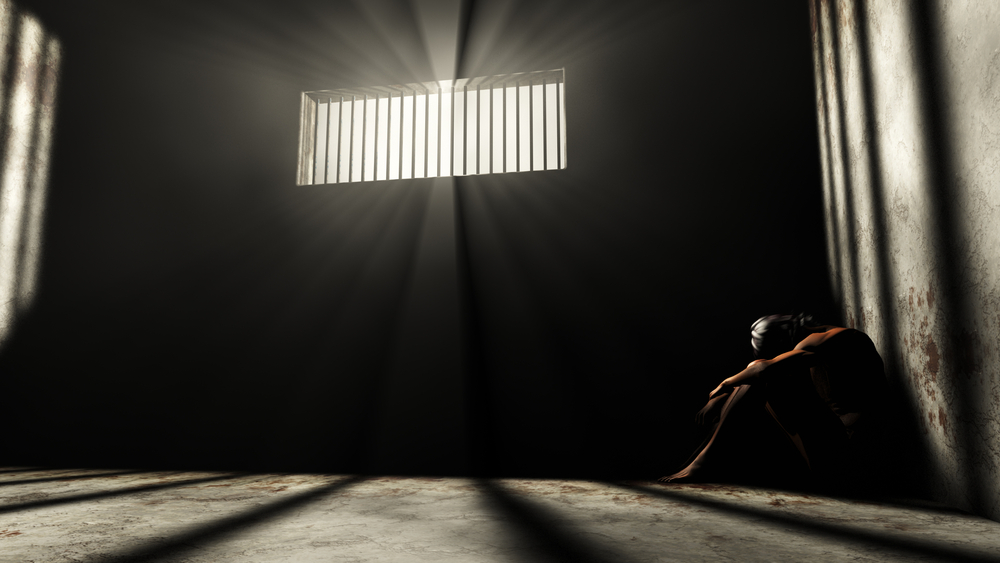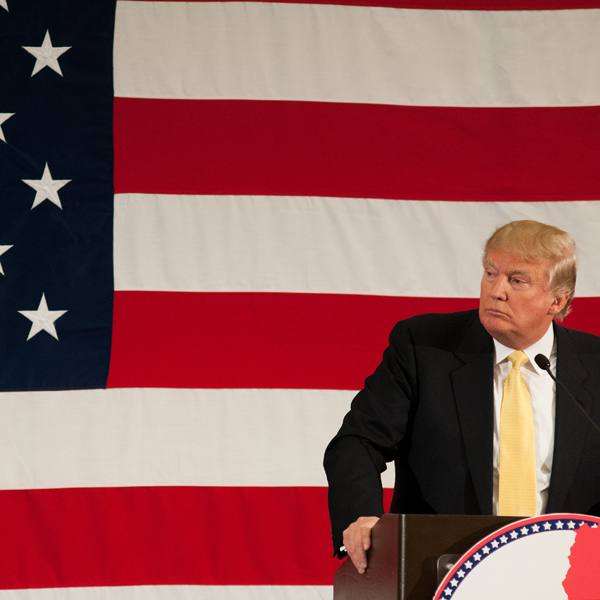9 years of solitary confinement violates Eighth Amendment, jurors find; case later settles

New York has agreed to pay $100,000 to settle a punitive damages claim in a case in which jurors found that nine years of solitary confinement violated the Eighth Amendment rights of an inmate. (Image from Shutterstock)
New York has agreed to pay $100,000 to settle a punitive damages claim in a case in which jurors found that nine years of solitary confinement violated the Eighth Amendment rights of an inmate.
Chief U.S. District Judge Brenda K. Sannes of the Northern District of New York dismissed the case in an order filed Sept. 27. The settlement did not include an admission of liability or wrongdoing.
The Sept. 20 jury verdict is thought to be the first time that solitary confinement in New York state prisons was found to be cruel and unusual under the high standards of the Eighth Amendment, according to a Sept. 25 press release by Sidley Austin, the law firm that represented inmate Wonder Williams.
Law.com had coverage.
Jurors awarded $1 in compensatory damages against two corrections officials and found no liability by a third. The jury verdict form provides that $1 should be awarded if the plaintiff’s rights were violated, but there was no proof of compensable injury by a preponderance of the evidence.
Jurors found liability for punitive damages by the two defendants but had not yet determined the amount when the parties reached a settlement in principle, according to a Sept. 21 letter filed with the court.
Williams had been “confined in extreme isolation in a concrete cell the size of a parking space for at least 23 hours per day,” according to a March 2021 amended complaint. A bright light was kept on inside or outside his cell at all hours of the day.
Williams “was kept under conditions of extreme isolation, sensory deprivation and restricted movement,” the amended lawsuit alleged. “Unlike the general population, he was denied all work, cultural and social opportunities. He had severely limited recreational opportunities, limited access to personal property, and limited contact with family and friends.”
Williams was imprisoned for conspiracy, assault and criminal possession of a weapon. He was placed in solitary confinement based on allegations that he was an extreme risk to staff and inmates. The cited reason was an alleged plot to kill witnesses executed while in jail, according to a May 16 decision by Sannes.
The reviews of the confinement consisted of “rubber-stamped recitations of the original reason for which he was placed in solitary confinement,” the amended suit said.
Sona De, a partner at Sidley Austin and lead trial attorney, told Law.com that the trial win is significant because Eighth Amendment liability is based on a difficult test.
The punitive damages verdict was important, De said, because it “sends a powerful message that the acts that took place here were extreme.”
Write a letter to the editor, share a story tip or update, or report an error.



